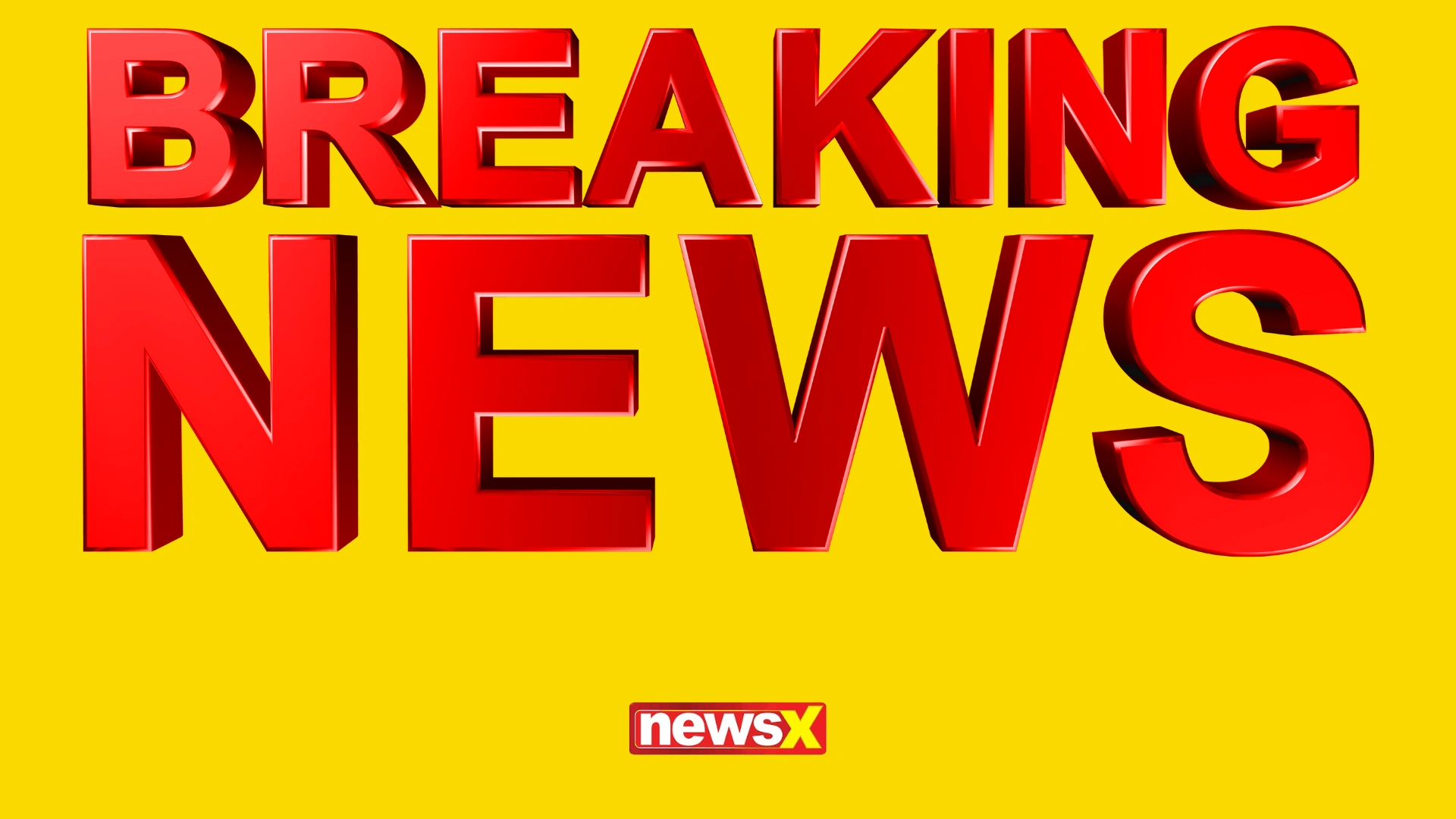As the highly anticipated inauguration of President-elect Donald Trump draws near, Washington, D.C., has entered heightened security measures to ensure the safety of the event. The city is preparing for the 60th presidential inauguration, which will take place on January 20, 2025, on the West Front of the U.S. Capitol. In response to security concerns, federal buildings, roadways, and the Capitol Grounds are being closely monitored, with 30 miles of security fencing now in place across the city.
Security Fencing and Road Closures Across Washington, D.C.
Ahead of the inauguration, extensive security measures have been implemented, including the installation of anti-scale security fencing around various federal buildings and critical infrastructure. This fencing is intended to create controlled zones around key locations such as the Capitol and White House, limiting access to certain areas for both security personnel and the public. In addition to the fencing, several roadways will be closed, significantly affecting transportation and pedestrian movement around the city.
The U.S. Capitol Board has also announced that numerous streets and key points of entry will be restricted in the days leading up to the inauguration, with the goal of preventing disruptions and safeguarding public safety.
Strict Prohibited Items List for Capitol Grounds
In an effort to maintain public safety and security during the inauguration, the U.S. Capitol Board has issued a list of prohibited items that will not be allowed on Capitol Grounds during the event. These measures are designed to minimize the risk of threats and maintain order. Items such as aerosol and non-aerosol sprays, alcohol, large bags or backpacks, ammunition, firearms, and explosives of any kind—including fireworks—are strictly forbidden. In addition, attendees will not be allowed to bring in certain tools, like knives, blades, or box cutters, as well as commercial audio and video recording equipment, including tripods and large cameras.
Personal mobility devices such as bicycles, scooters, and recreational motorized mobility devices are also prohibited, along with various other items that could pose a security threat, such as fireworks, chemicals, glass containers, and recreational items like chairs, strollers, or coolers.
What You Can and Cannot Bring
The list of prohibited items is extensive and reflects the heightened security around such a major political event. Notably, liquids—except for medicines—are banned on Capitol Grounds, although water will be provided for ticketed guests. Similarly, attendees should avoid bringing in objects that could be used as weapons or cause a disruption, such as laser pointers, noisemakers, or signs with poles or sticks.
The aim of these stringent rules is to prevent any potential threats or disruptions during the ceremony. The authorities have also emphasized that additional items deemed dangerous or suspect will be confiscated by security personnel, with discretion being used at the point of security screening.
Security personnel, including federal agents, the National Guard, and local law enforcement, will be stationed across Washington, D.C., to ensure a peaceful transfer of power. With the large number of dignitaries, political leaders, and attendees expected, the inauguration is a significant event that requires robust planning and coordination. The measures in place are a direct response to the importance of ensuring the safety of both the event and its participants, while simultaneously allowing the public to witness this historic occasion.
Read More : Trump Inauguration : Here Are The List Of Top Politicians And Tech Giants To Attend The Ceremony



















